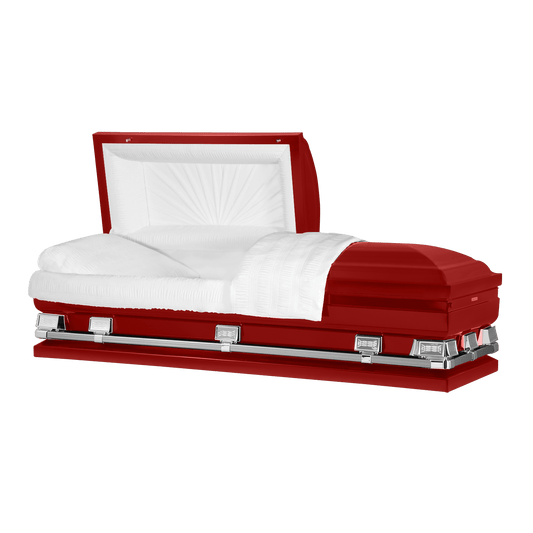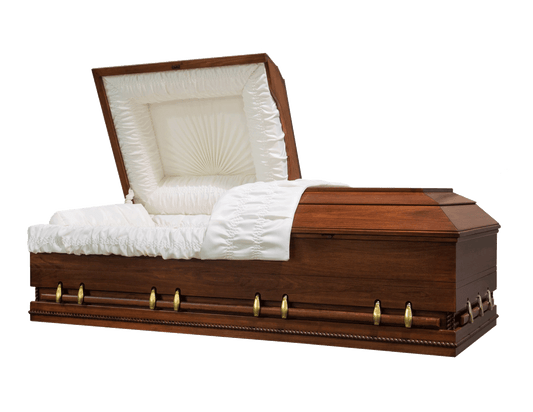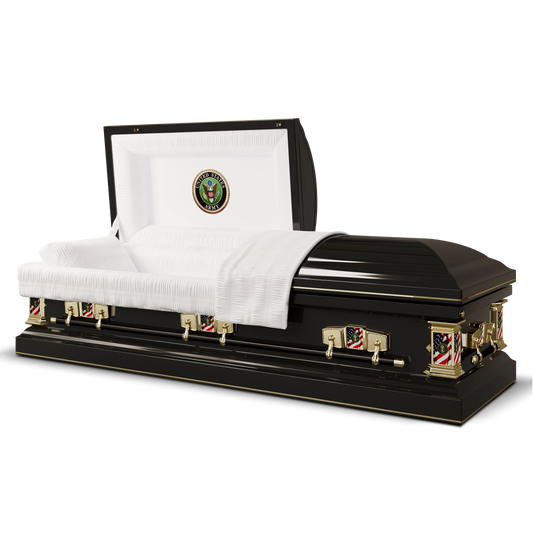Unfortunately, most debts do not simply go away after death. Creditors will still seek to collect what is owed, leaving the estate to assume responsibility. However, there are a few exceptions, in which certain debts can disappear and others are inherited.
What Happens To Debt When You Die?
Forbes writes that creditors collect debt through a probate process in which assets from the estate are distributed amongst creditors. Handled by a representative, executor or administrator, the estate’s finances will cover outstanding debts in most cases.
However, the Consumer Financial Protection Bureau (CFPB) notes that there are a few instances where someone else may be legally obligated to repay the debt. In situations with a loan co-signer or a joint credit card account, the co-signer or remaining account holder will be responsible for the debt.
Some states may even require a spouse to repay certain types of debts. CFPB notes that in Arizona, California, Idaho, Louisiana, Nevada, New Mexico, Texas, Washington and Wisconsin, spouses may be required to repay debts with community property.
According to NerdWallet, creditors cannot collect certain assets such as retirement accounts, living trusts and life insurance benefits.
Inheriting Mortgages And Home Equity Loans
Surviving family members can inherit certain types of debt. NerdWallet writes that mortgages and home equity loans are two examples of debts that can be passed down if someone is to inherit the home.
Unless the executor is able to pay off these debts with the estate’s assets, the person is left with two options: either sell the home to repay the debt or keep it and continue the payments.
Nerdwallet notes, however, that lenders reserve the right to request proof that the heirs of the mortgaged property will be able to cover mortgage payments. In some cases, they may even demand immediate repayment; however, family members of the deceased are exempt from this under federal guidelines.
Plan Your Farewell with Grace – Our Pre-Planned Caskets Offer Peace of Mind
Inheriting Private Student Loans
Federal student loans discharge after death as long as a family member is able to provide a death certificate to the servicer. This, however, is not the case for private student loans. Like other debts, private student loans still need to be paid, even if the borrower is deceased.
If the loans are in the borrower’s name only, the estate will pay off the debt; otherwise, any co-signers will have to assume responsibility. Forbes explains that some contracts include a clause that stipulates the remaining balance must be paid immediately if the co-borrower passes away.
In these cases, Forbes recommends working with a debt relief attorney with experience in negotiating with private student loan services to amend the contract.
Inheriting Credit Card Debt And Car Loans
As stated above, credit card debt could only be passed down in the case of a joint account. If not, the debt will be paid by the estate. NerdWallet explains that credit card debt is considered an unsecured debt. If there is not enough in the estate to pay off the debt, then the credit card debt disappears.
Unlike credit card debt, car loans are a secured debt. If the estate is unable to repay the debt, then lenders can repossess the car unless the heirs are able to continue payments.
Getting Help During Tough Times
Titan Casket is dedicated to providing you with all the answers you need when it comes to planning a funeral and navigating your grief. You have enough on your plate, if worrying about end-of-life care, debt and the estate of your loved one is a concern. We can also help you when it comes to buying a casket. We are your trusted ally in planning the funeral you want at an affordable, fair price.

![Upgrade to Premium Weight [18-gauge steel]](http://titancasket.com/cdn/shop/products/casketthicknesswithnumbers.png?v=1680642906&width=533)








